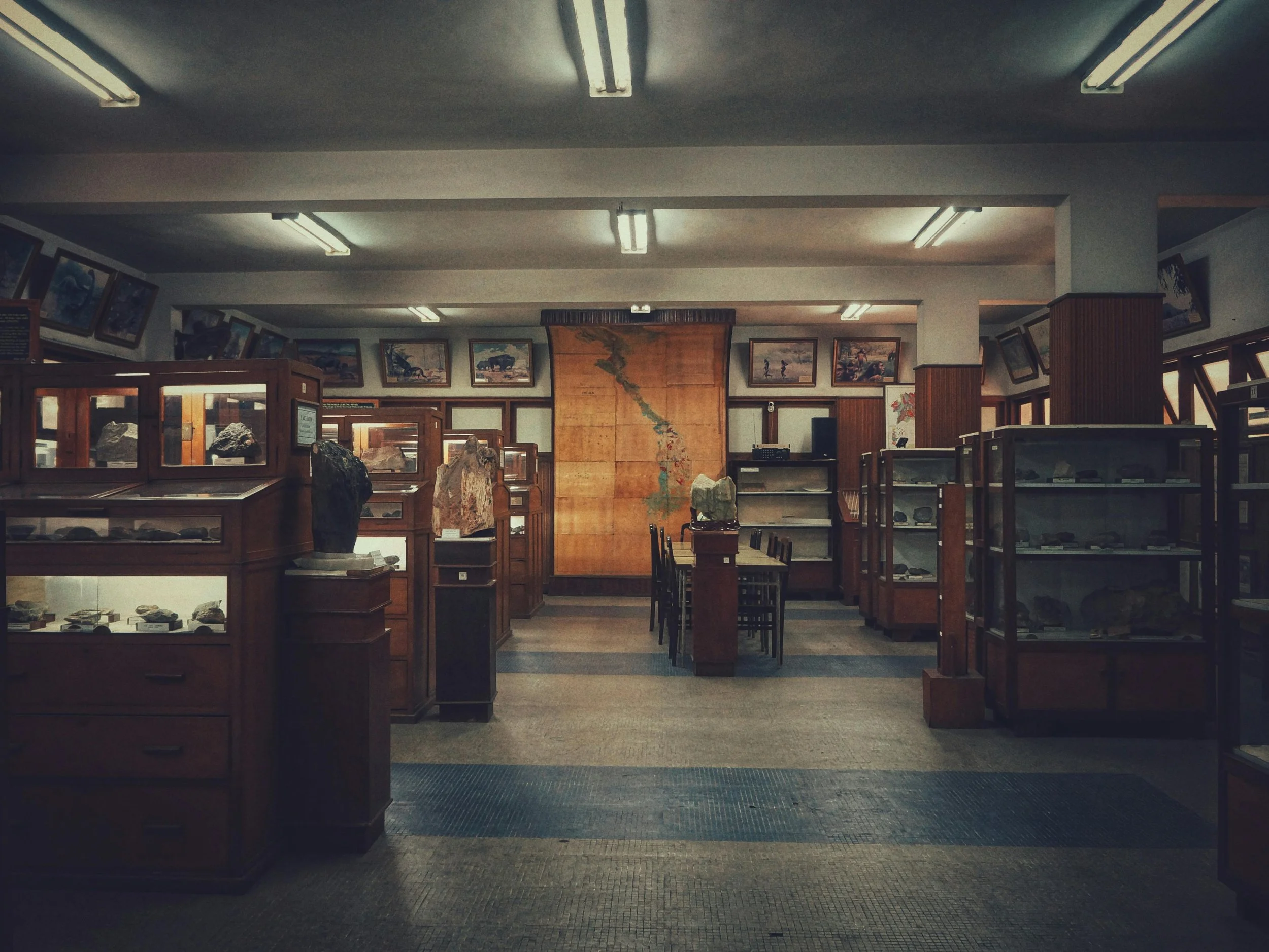Archives are the foundation of our collective memory. Physical and digital artifacts document our history, culture, and identity.
However, too often, archives are overlooked by decision-makers who fail to recognize their importance. Therefore, talking about archives to decision-makers is crucial to help preserve our history and shape our future.
The need for recordkeeping is indisputable; it is an ordinary and necessary component of virtually all business operations. In some cases, laws and regulations specify that certain records must be created and maintained for designated periods. Legal requirements aside, records are a necessary aid to memory. They document an organization’s decisions, actions, transactions, and other activities.
Records management and archival concepts and methods provide systematic, well-developed approaches to recordkeeping operations that individual departments would otherwise perform without direction and with less knowledge, skill, and effectiveness. Thus, the business case for systematic archives and records management rests on its instrumental value for effective recordkeeping.
Understanding the Past
Archives are essential to understanding our past. They are the primary sources that historians, researchers, and scholars rely on to construct narratives about our past. These narratives are critical to understanding the present and shaping our future. By understanding how our society has evolved, we can make informed decisions about how to move forward. Archives provide the evidence supporting these narratives; without them, we risk losing the stories that shape our collective identity.
Accountability
Archives are essential to accountability. Governments, businesses, and other organizations rely on archives to keep them accountable for their actions. Without access to historical records, it becomes impossible to determine whether an organization is acting in the best interest of the public or its stakeholders. By maintaining archives, we can hold decision-makers accountable for their actions, ensuring they act in the best interest of the public and future generations.
Social Justice
Archives are essential to social justice. Archives document the experiences of marginalized communities and provide evidence of their contributions to society. Without these records, the stories of marginalized communities are often overlooked, and their voices are silenced. By preserving and making accessible these records, we can ensure that these communities are not forgotten, and that their contributions are recognized.
Innovation
Finally, archives are essential to innovation. Archives inspire insights for new ideas and solutions to problems. By studying the past, we can learn from our successes and failures and apply that knowledge to new challenges. Without archives, we risk reinventing the wheel, wasting resources, and missing out on opportunities for growth and development.
We Need to Talk
How do we talk about archives to decision-makers? First, we must emphasize the value archives bring to our society. Unfortunately, decision-makers often focus on short-term gains and may overlook the long-term benefits of maintaining archives. By highlighting the importance of archives to our collective memory, accountability, social justice, and innovation, we can make a compelling case for why archives deserve their attention.
Archivists need to make the case for the economic benefits of archives. Economic arguments often sway decision-makers, so it is important to highlight the potential economic benefits of archives. For example, archives can attract researchers and scholars, generate revenue (depending on several factors), and create jobs. By framing archives as an investment in the future, we can make a strong case for why they are worth funding and maintaining.
Archivists need to make archives accessible and user-friendly. Decision-makers are more likely to prioritize archives if they are easy to use and accessible to a broad audience. By investing in technology and infrastructure that makes archives more accessible, we can make them more valuable to decision-makers and the public.
Talking about archives to organizational leaders ensures they understand their importance and invest in their preservation. By emphasizing the value that archives bring to our society, making a case for their economic benefits, and making them accessible and user-friendly, we can help preserve our history and shape our future.
The blog was originally published on Lucidea's blog.
Get Started
Looking for archival advising, records management, and historical research services? Click below to speak with an expert consultant.






























